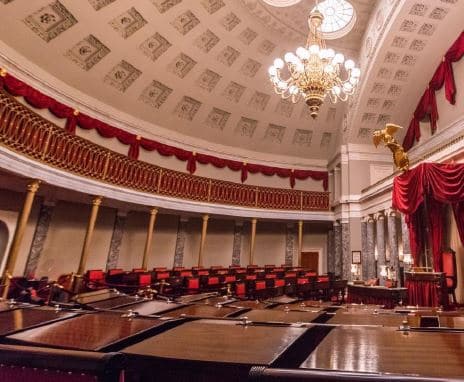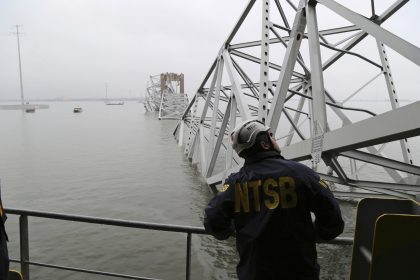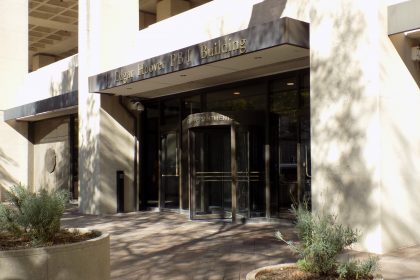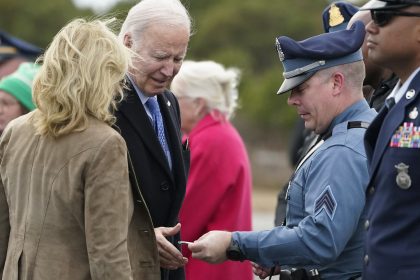Senate Tries to Smooth Out Snags in $1.2T Infrastructure Law

WASHINGTON — A Senate committee tried to tweak the $1.2 trillion bipartisan infrastructure law Wednesday to make sure the government is getting a good deal with its record investment to boost the economy.
The five-year program won wide approval during the Senate Environment and Public Works Committee hearing but also cautionary comments about the need to act promptly to resolve potential obstacles.
“We shouldn’t be surprised that there are a number of things that need to be fixed,” said Sen. Tom Carper, D-Del., the committee’s chairman.
Congress approved the bipartisan infrastructure law, also known as the Infrastructure Investment and Jobs Act, one year ago as a signature piece of the Biden administration’s plan to invigorate the nation’s economy.
Funding in the appropriations law is heavily concentrated in building or renovating transportation systems, such as highways, bridges, public transit and railroads. Other provisions are directed at strengthening the electrical power grid with clean energy facilities, expanding broadband internet access and installing more electrical vehicle charging stations.
Since last November, about 29,000 transportation improvement projects have been funded under the law, according to the American Road & Transportation Builders Association. The number of government-funded projects worth more than $100 million increased from 18 to 24.
In the past six weeks, the federal government announced $759 million in high-speed internet infrastructure projects.
The systems are being built through a network of private contractors.
“The private sector will benefit tremendously from these new opportunities,” Carper said.
In addition to the builders, manufacturers who make the materials they use and their labor force also will prosper, he said.
One of the biggest problems builders face is the inflation that is driving up their material, fuel and labor costs while reducing the buying power of the government’s money, according to contractors who testified at the Senate hearing. The U.S. inflation rate stood at 7.7% in October.
“There is no denying the elephant in the room,” Dave Bauer, president of the American Road and Transportation Builders Association, said about inflation.
Gasoline prices are up from an average of $2.69 a gallon in 2019 to $3.80 this month, according to the U.S. Energy Information Administration.
The construction industry reports that cement prices rose as much as 40% in the past two-and-a-half years. Asphalt costs 76% more than two years ago.
Republican and Democrat arguments about who should be blamed for inflation continued during the Senate hearing. Lawmakers also differ on the solution.
Sen. Kevin Cramer, R-N.D., said that although the bipartisan infrastructure law is well-intended, the “free money” it allocates to states and contractors is adding to inflation.
He suggested “trying to fix inflation by fixing the supply chains.” He was referring to a lack of adequate U.S. manufacturing to serve contractors with the materials they need.
In addition, Gary W. Johnson, a vice president of Watsonville, Calif.-based Granite Construction Co., said, “confusing and conflicting guidance” from state and federal regulators sometimes creates confusion about how contractors should fulfill their government contract duties.
“It’s difficult at times to get state agencies and federal agencies to work together,” Johnson said.
He suggested that government grants include flexibility provisions to give contractors more discretion on how to complete projects based on conditions that differ between sites.
Tom can be reached at [email protected] and @TomRamstack
























